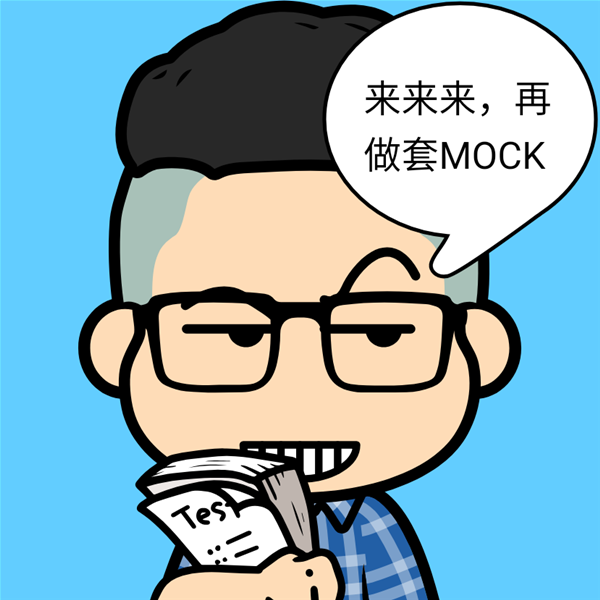 徐同学2019-04-22 08:27:00
徐同学2019-04-22 08:27:00
老师,铅笔划线部分,他都不愿意投资无风险资产了,为什么债券价格还会升呢?
回答(1)
 Chris Lan2019-04-22 15:45:16
Chris Lan2019-04-22 15:45:16
徐同学你好,这句话是原版书P386页的原话,这句话来自于一个大case的中间部分,所在把他放在这里可能会觉得有点突兀。
这句话大体的意思是说,我投资者会买更多债券,我有很多债券,那未来的收入会更高,边际效用会更低,我未来已经有很多钱了,我就没那么有动力想要更多债券了,所以导致投资者投资于无风险资产的边际意愿下降。除非当许多投资者愿意以9,544.98美元交易时,市场价格才会上涨(需求大,价格就会上涨),直到所有投资者都有相同的边际投资意愿。
- 评论(0)
- 追问(3)
- 追答
-
In Example 1, suppose the current market price of the real default-free bond is $9,540 per $10,000, but the investor’s inter-temporal rate of substitution is $0.954498 per one dollar promised. The investor would then value the guarantee of $10,000 in one period more than the market, so she would purchase it. As she buys more of the bond, her future income is higher and its marginal utility lower, leading to a fall in her marginal willingness to invest in the risk-free asset. Only if there are many investors with the willingness to trade at $9,544.98 would the market price increase until all investors have the same marginal willingness to invest
- 追问
-
那是不是这两句话并没有必然联系,我分开理解就好了?
- 追答
-
徐同学你好,
他是有联系的,按这个Case的逻辑来,这个事情是说的通的。

评论
0/1000
追答
0/1000
+上传图片




